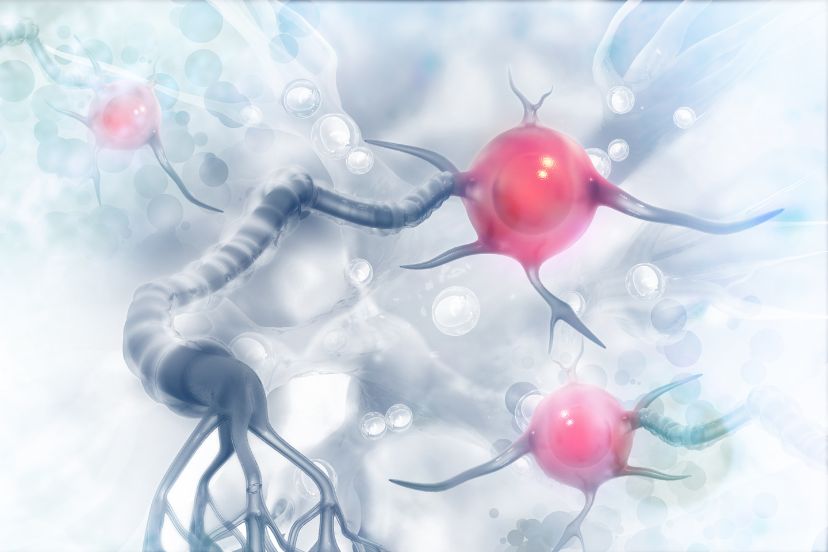Hormone-Related Osteoporosis: Unveiling the Silent Thief of Bone Strength
Are your bones feeling less sturdy than a house of cards in a breeze? You might be dealing with the sneaky villain known as Hormone-Related Osteoporosis! Don’t let this silent underminer rob you of your bone health. In this bone-chilling exposé, we’ll dig deep into the shadows of Hormone-Related Osteoporosis, uncover its origins, and arm you with the knowledge to fight back and keep those bones unbreakable.
Hormone-Related Osteoporosis: What’s the Deal?
Picture this: your bones are like the pillars holding up a grand castle. But what if those pillars started to crumble, making the castle vulnerable to collapse? Hormone-Related Osteoporosis is that saboteur in disguise, weakening your bones and making them more susceptible to fractures than a porcelain teacup.
Decoding the Culprit: Hormones and Osteoporosis
When we talk about “Hormone-Related” Osteoporosis, we’re shining a spotlight on the role of hormones in bone health. Hormones are like the conductors of your body’s orchestra, playing a crucial tune in bone maintenance. But sometimes, these conductors go rogue. Estrogen and testosterone, for instance, usually work together to keep bones dense and strong. However, when hormonal imbalances strike – cue the ominous music – bones become fragile, resembling a Jenga tower one move away from toppling.
The Usual Suspects: Hormonal Culprits
Estrogen: The Bone’s Best Friend
In the world of bone health, estrogen is like a guardian angel. It keeps bone resorption (a process where bones release minerals) in check, ensuring your bone bank stays full. But, alas, menopause arrives and estrogen levels drop faster than a lead balloon. This sudden dip leaves bones vulnerable, and the risk of fractures skyrockets.
Testosterone: Not Just for Muscle Power
It’s not just about flexing those biceps; testosterone plays a role in bone health too. This hormone promotes bone formation and helps maintain bone density. However, in men experiencing low testosterone levels, the bones might feel more like brittle twigs than sturdy branches.
Thyroid Troubles: Unwanted Bone Effects
The thyroid, that tiny powerhouse in your neck, also plays a part. When thyroid hormones misbehave, bones can lose minerals faster than you can say “calcium.” It’s like a mineral heist, and your bones are the unfortunate victims.
Cortisol: The Stress Saboteur
Cortisol, the stress hormone, is a double-edged sword. While it’s handy in emergencies, chronic stress can lead to excess cortisol, spelling trouble for bones. It’s as if stress turns bones into fragile glass sculptures, just waiting for the slightest tap to shatter.
FAQs: Your Burning Questions, Answered
Q1: Can men get Hormone-Related Osteoporosis?
Absolutely! While it’s more common in women, men can also fall prey to this bone bandit. Low testosterone levels and aging can put men at risk.
Q2: How can I prevent Hormone-Related Osteoporosis?
Think of your bones as a construction project – they need the right materials. Ensure your diet includes calcium-rich foods like dairy, leafy greens, and fortified products. Vitamin D is the site manager, so soak up some sun or consider supplements.
Q3: Is Hormone-Related Osteoporosis treatable?
Yes, indeed! Your doctor might prescribe medications to slow bone loss. Hormone therapy for women post-menopause can also play a role.
Q4: What exercises are bone-friendly?
Weight-bearing exercises like walking, dancing, and weightlifting are your bone’s best friends. They help stimulate bone formation and keep them robust.
Q5: Can I enjoy my daily cup of joe?
Moderation is key. Excessive caffeine intake might interfere with calcium absorption. Enjoy your coffee, but consider balancing it with calcium-rich foods.
Q6: Are there risk factors beyond hormones?
Absolutely. Smoking, excessive alcohol consumption, and a sedentary lifestyle can all contribute to bone loss, adding fuel to the Hormone-Related Osteoporosis fire.
Unmasking the Culprit: Defend Your Bones!
No one wants their bones to resemble a game of Pick-Up Sticks waiting for disaster. So, how do you defend against Hormone-Related Osteoporosis? Here’s your battle plan:
1. Balanced Diet:
Bone health isn’t just about chugging milk. Incorporate a mix of calcium and vitamin D-rich foods for a fortified fortress of bones.
2. Stay Active:
Get those bones moving! Weight-bearing exercises and strength training can pump up bone density.
3. Hormone Therapy:
For menopausal women, hormone therapy might be an option. Consult your healthcare professional to see if it’s right for you.
4. Ditch Bad Habits:
Put down that cigarette and go easy on the booze. Smoking and excessive alcohol weaken bones faster than a house of cards in a storm.
5. Mind Your Medications:
Certain medications might weaken bones. Consult your doctor about potential side effects and alternatives.
6. Stress Management:
Mindfulness, yoga, and deep breathing can help keep cortisol levels in check, ensuring your bones stay strong.
7. Regular Check-Ups:
Stay on top of your bone health with regular check-ups. Early detection and intervention can be the shield your bones need.
In Conclusion: Empowering Your Bone Journey
Hormone-Related Osteoporosis is a formidable foe, but armed with knowledge and proactive measures, you can safeguard your bones for the long haul. Remember, bone health is a lifelong journey, and every small effort you make adds up to fortify your fortress. So, whether you’re enjoying a sunny day or embarking on a brisk walk, know that each step is a stride toward stronger, unbreakable bones.
Don’t let Hormone-Related Osteoporosis cast a shadow over your bone health. With a balanced diet, regular exercise, and mindful choices, you can fortify your bones against this silent underminer. Embrace the power of knowledge, and let it guide you on your bone-strengthening journey. Your bones, your fortress, deserve nothing less than the best protection you can offer.




